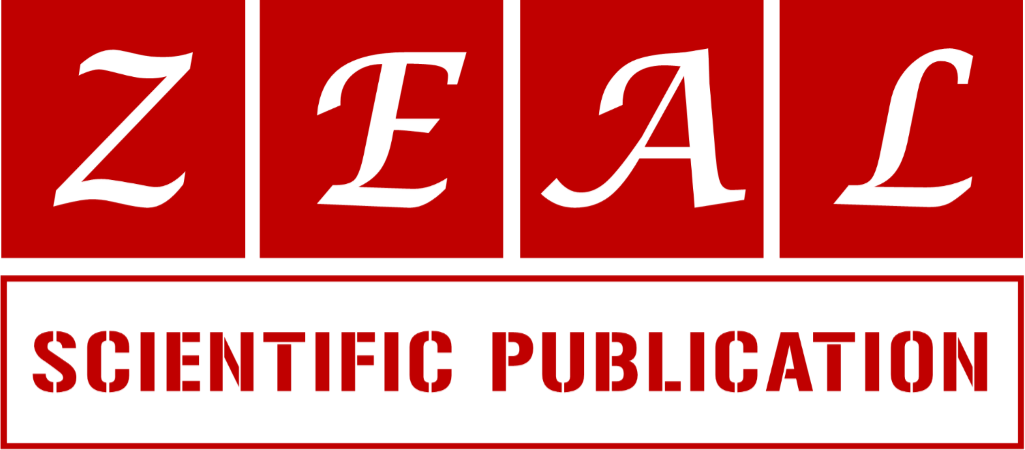A sales force effectiveness framework for enhancing healthcare access through pharmaceutical sales and training programs
1 Genentech, South San Francisco, CA, USA.
2 eMedic Technologies Africa, Vanderbilt, Nashville, TN.
3 Essnova Solutions, Inc. AL, USA.
4 Independent Researcher, Boston, MA, USA.
5 Life's Journey Inc. Winnipeg, Manitoba, Canada.
6 Kaybat Pharmaceuticals and Stores Nigeria Ltd.
Review
World Journal of Advanced Pharmaceutical and Medical Research, 2024, 07(02), 051–076.
Article DOI: 10.53346/wjapmr.2024.7.2.0046
Publication history:
Received on 27 August 2024; revis.ed on 01 October 2024; accepted on 04 October 2024
Abstract:
This paper introduces a conceptual framework aimed at enhancing sales force effectiveness within the pharmaceutical industry, specifically focusing on improving healthcare access through optimized sales training programs and customer relationship management (CRM) systems. The proposed framework recognizes the critical role that pharmaceutical sales teams play in facilitating healthcare delivery, particularly during public health crises. It emphasizes the integration of effective training strategies and advanced CRM tools to enhance engagement with healthcare professionals, thereby improving product distribution and patient outcomes. The framework comprises three essential components Sales Force Training Enhancement, which focuses on developing targeted training programs that equip sales representatives with the necessary skills and knowledge to effectively communicate the value of pharmaceutical products to healthcare providers. This includes understanding clinical data, addressing healthcare providers’ concerns, and fostering a consultative selling approach. Secondly, CRM System Implementation, which underscores the significance of adopting robust CRM systems that streamline interactions between sales teams and healthcare professionals. By leveraging data analytics and customer insights, pharmaceutical companies can tailor their approach to meet the specific needs of healthcare providers, thereby enhancing relationship-building and communication. Thirdly, engagement and Outcome Measurement, which highlights the importance of measuring engagement levels and patient outcomes resulting from effective sales strategies. This component advocates for the use of key performance indicators (KPIs) to assess the impact of training and CRM initiatives on product distribution and healthcare access. The framework ultimately aims to foster a more collaborative environment between pharmaceutical sales teams and healthcare professionals, ensuring that patients receive timely access to essential medications and services. By focusing on the strategic integration of training and CRM systems, this framework presents a comprehensive approach to improving sales force effectiveness in the pharmaceutical sector. Future research and practical applications of this framework can further explore its implications for enhancing healthcare access, particularly in times of public health challenges.
Keywords:
Sales Force Effectiveness; Pharmaceutical Sales; Healthcare Access; Training Programs
Full text article in PDF:
Copyright information:
Copyright © 2024 Author(s) retain the copyright of this article. This article is published under the terms of the Creative Commons Attribution Liscense 4.0
